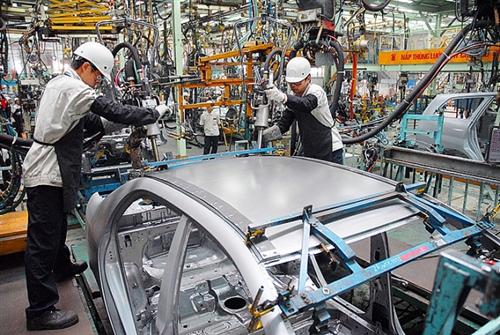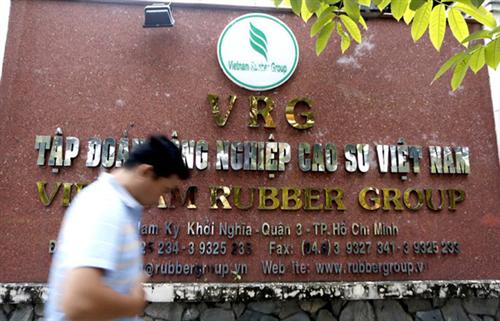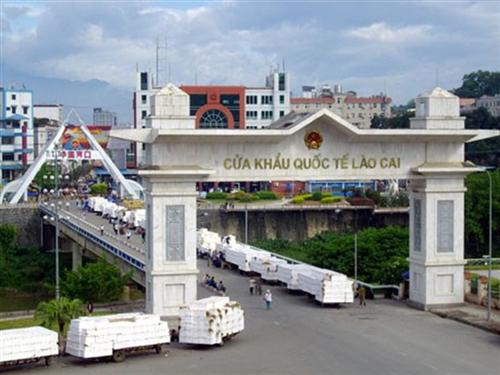Vietnamese farm produce unsold as trade halted across Vietnam-China border amid coronavirus fear
Vietnamese farm produce unsold as trade halted across Vietnam-China border amid coronavirus fear

Most of the border gates between Vietnam and China in the northern province of Lang Son have halted imports and exports of goods until February 9, the Vietnam News Agency (VNA) said last Thursday.
Meanwhile, China has suspended imports of Vietnamese goods via the Lao Cai International Border Gate in the namesake northern Vietnamese province from January 30 to an unknown date, according to VNA.
At the same time, many agricultural trading centers in Jiangnan and Guangxi, China, have also ceased operations until February 8, according to the agricultural product processing and market development department under the Vietnamese Ministry of Agriculture and Rural Development.
According to Nguyen Quoc Toan, head of the department, about 6,000 metric tons of dragon fruit, or 30-40 percent of the provincial output, has remained unsold in the southern province of Long An after a Chinese enterprise canceled a number of purchase orders due to the impact of the novel coronavirus epidemic.
The Plant Protection Department under Vietnam's Ministry of Agriculture and Rural Development has reported that 267 trucks carrying Vietnamese dragon fruits have stuck at the border gates in Lang Son and Lao Cai since Friday.
Likewise, farmers in Tay Son District, located in the south-central province of Binh Dinh, have been worried about hundreds of tons of unbought watermelon, mainly grown for export to China.
The farmers now have to sell the overstocked watermelon to consumers at makeshift selling points across the province for VND6,000 (US$0.26) per kilogram, compared to the VND8,000 ($0.35) per kg normally offered by wholesalers, according to Nguyen Van Thanh, a watermelon grower in Binh Nghi Commune in Tay Son.
Thanh told Tuoi Tre (Youth) newspaper that his family pays VND18 million ($777.82) a year to rent 1.5 hectares of land in the Central Highlands province of Gia Lai, which borders Binh Dinh, to plant watermelon.
“If I cannot sell 35 metric tons of the unsold watermelon, I will have no choice but to accept the current offer of VND1,000 [$0.043] per kg from wholesalers,” Thanh said.
The rock bottom price will undoubtedly result in big losses for local farmers like Thanh.
More than 100 households in Binh Nghi earn their living from growing watermelon, according to the commune’s chairman Do Van Dinh.
The novel coronavirus, a new strain of the coronavirus family that caused SARS and MERS, first surfaced in the Chinese city of Wuhan in December 2019.
It has since killed 361 people in mainland China and one outside the country, while infecting 17,386 others globally, an overwhelming majority of whom are in China.




















